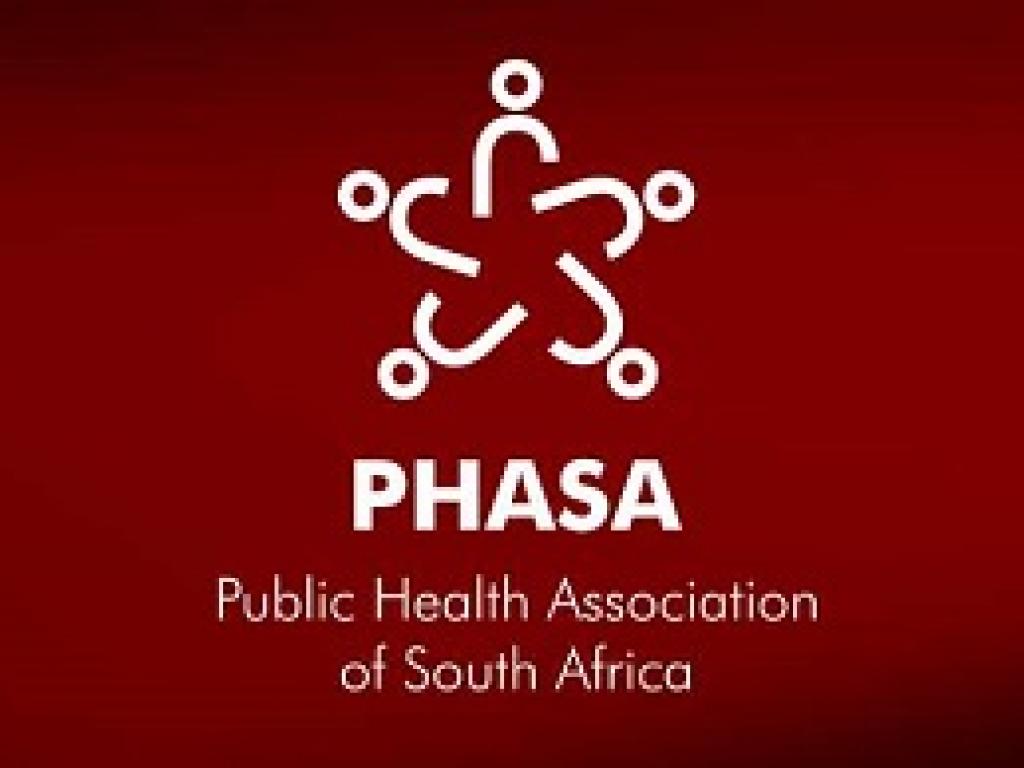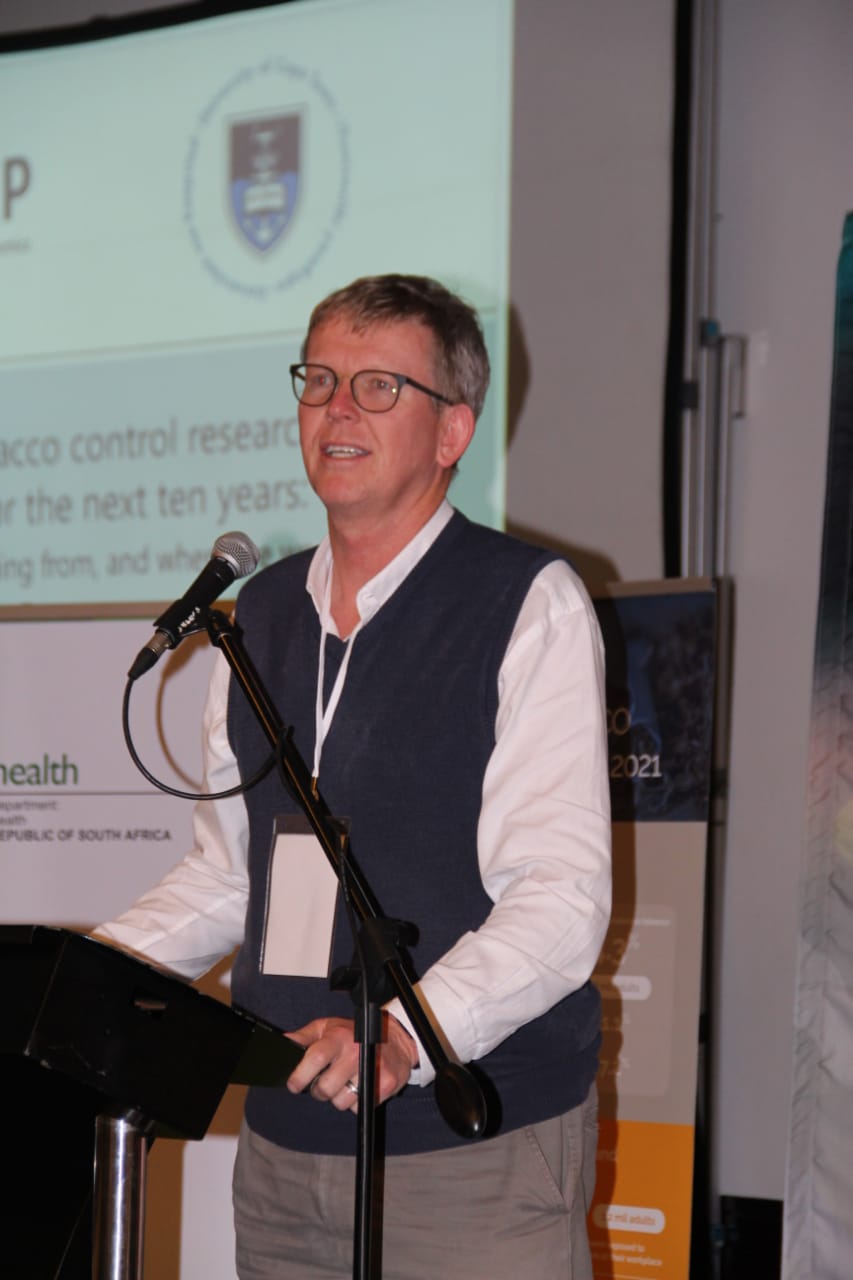REEP presents at conference of the Public Health Association of South Africa


In his presentation, Corne highlighted the fact that illicit trade comprised more than 50% of the tobacco market in South Africa in 2020 and 2021. If the illicit market is not brought under control, all other tobacco control interventions are likely to be less effective or even completely ineffective. Corne mentioned that SARS’s prosecution of the Gold Leaf Tobacco Corporation marks a potential turning point in the fight against illicit cigarettes.
Future research areas for REEP were discussed among colleagues in previous months and were presented at the conference. The following are the research priorities:
- Political economy aspects of tobacco control in South Africa: What are the barriers to implementing the current legislation? Why has a track and trace system not been implemented yet? What are the changing power dynamics in the tobacco control landscape?
- Illicit trade: There is a continuous demand for current estimates of the size of the illicit market and how the illicit market is evolving. Although REEP has done a lot of work on the characteristics of purchasers of illicit cigarettes, a deeper understanding is required, e.g. do buyers know that they are buying illicit cigarettes, not just cheap cigarettes? Do they care? Is brand loyalty changing? Do smokers switch from licit to illicit cigarettes as a spending strategy, depending on how much money is left at the end of the month?
- Electronic nicotine and non-nicotine delivery systems (ENDS/ENNDS): As economists, we are not qualified to comment about relative risks of these products. However, we should analyse the economic aspects of these products, including the following: prevalence of use (including dual use with cigarettes) by demographic and socio-economic group, gateway effects, and the sensitivity of the demand for ENDS/ENNDS to changes in the own price and the price of traditional tobacco products.
- Smoking and youth: The Global Youth Tobacco Survey (GYTS) focuses on children aged 13 to 15. Smoking patterns among older youth are not covered well in existing surveys. We hope in the future to be able to conduct a comprehensive survey of tobacco, e-cigarette and alcohol use among adolescents and young adults.
- Industry response: The past decade has seen a major change in the tobacco industry’s structure, in which the power of the multinationals has been greatly undermined by low-price local manufacturers. Cigarette prices have diverged over time, and currently are between as low as R10-R20 for a pack of illicit cigarettes and as high as R50-R60 for a pack of premium cigarettes. This has implications for tobacco control policy.
- Trade agreements and their impact on taxation policy in South Africa: Currently Botswana and Eswatini impose a levy in excess of the excise tax (of R19.82 per pack) that is imposed in all five member countries of the Southern African Customs Union (SACU). The aim of these additional levies is to reduce tobacco use in these countries and to generate extra revenue. It also results in differences in the retail price of cigarettes in the SACU member states. To what extent can these additional taxes/levies in the neighbouring countries put pressure on the SA Treasury to increase the excise tax for the whole SACU region?
The presentation is available here.
